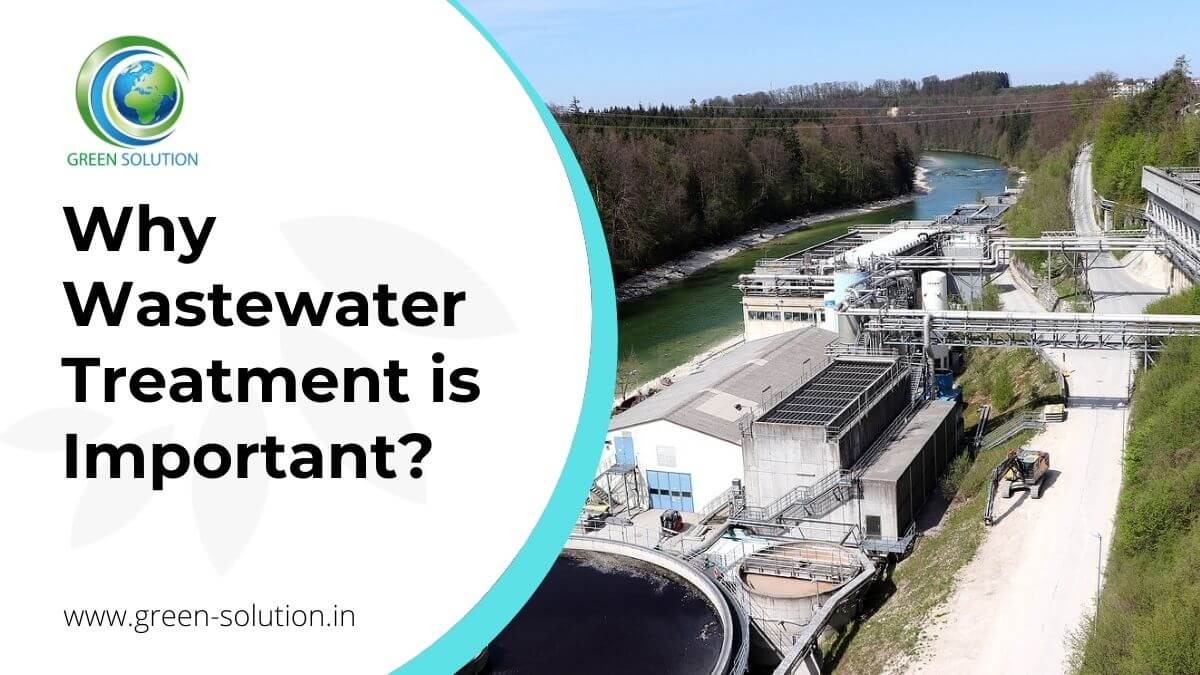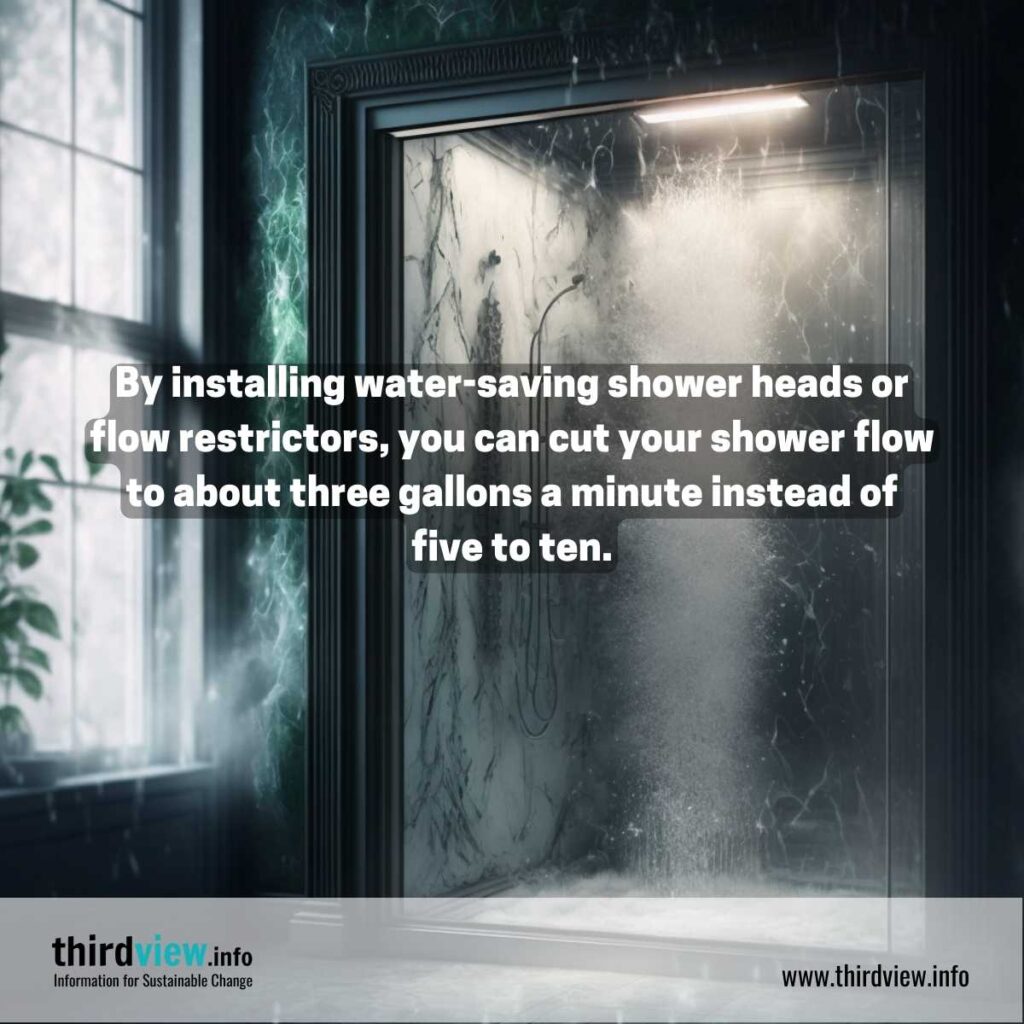The Definitive Guide for Reclaim Waste
The Definitive Guide for Reclaim Waste
Blog Article
The 5-Second Trick For Reclaim Waste
Table of ContentsReclaim Waste Fundamentals ExplainedGetting The Reclaim Waste To WorkThe Best Guide To Reclaim Waste8 Easy Facts About Reclaim Waste ExplainedThe Definitive Guide to Reclaim Waste
Domestic sewer waste refers to the waste and products from a household septic container. The proper administration and disposal of residential sewer waste require liquid waste to be transferred to a sewage treatment plant where the proper techniques and devices are applied to cleanse and dispose of waste.
Industrial waste typically includes possible threats, such as combustible products or a combination of fluid and solid waste products, and needs an extra sophisticated and in-depth disposal process. The disposal of business waste generally involves the purification of waste before transportation to guarantee safe and appropriate disposal. Hazardous waste is created from results and drainage of commercial processes and production.
This type of waste can not utilize the same sewer administration transport or processes as septic or commercial liquids. The industrial waste monitoring process calls for the inspection and testing of fluid waste prior to it goes through the disposal process (liquid waste disposal). Runoff waste is the fluid waste that comes from runoff and excess stormwater in very booming areas or cities
Runoff waste can cause contamination and flooding otherwise taken care of properly. Discover more about drain cleaning and waste administration. Guaranteeing correct waste administration can avoid catastrophes and reduce ecological injury. Both people in property settings and professionals in industrial or manufacturing sectors can take advantage of comprehending the procedures and regulations of fluid waste administration.
What Does Reclaim Waste Do?
Call PROS Services today to find out about our waste monitoring and disposal services and the correct methods to take care of the liquid waste you generate.
(http://www.place123.net/place/reclaim-waste-laverton-north-vic-australia)Do you understand what happens to your water when you end, flush the toilet or drain the washing equipment? No? Well, it deserves understanding. This so-called 'wastewater' is not just a crucial source yet, after treatment, will be released to our land, waterways or the sea. Utilized water from bathrooms, showers, bathrooms, kitchen sinks, laundries and commercial procedures is called wastewater.

water utilized to cool down equipment or tidy plant and equipment). Stormwater, a kind of wastewater, is overflow that flows from agricultural and city locations such as roofs, parks, yards, roads, paths and gutters right into stormwater drains pipes, after rainfall. Stormwater moves without treatment directly to local creeks or rivers, at some point getting to the ocean.
Some Known Facts About Reclaim Waste.
In Queensland, most wastewater is dealt with at sewer therapy plants. Wastewater is delivered from domestic or industrial websites via a system of sewers and pump stations, called sewerage reticulation, to a sewer therapy plant. City governments build, maintain and run most sewer therapy plants. Operators are accredited under the Environmental Defense Act 1994 to discharge treated wastewater at an acceptable environmental standard right into rivers.
The Division of Natural Resources suggests regional federal governments concerning managing, operating and preserving sewage systems and treatment plants. In unsewered areas, regional governments may call for householders to mount private or household sewer therapy systems to treat residential wastewater from toilets, kitchens, washrooms and laundries. The Department of Natural Resources authorizes the use of family systems when they are confirmed to be reliable.
Most stormwater obtains no treatment. In some new neighborhoods, therapy of some stormwater to eliminate trash, sand and crushed rock has actually begun using gross pollutant traps. Wastewater therapy happens in four stages: Gets rid of solid issue. Larger solids, such as plastics and various other items wrongly discharged to drains, are eliminated when wastewater is travelled through screens.
Utilizes little living microorganisms knows as micro-organisms to break down and eliminate remaining liquified wastes and fine particles. Micro-organisms and wastes are integrated in the sludge.
The Facts About Reclaim Waste Uncovered
Nutrient removal is not readily available at all sewer therapy plants because it calls for pricey specialist equipment. Clear fluid effluent created after therapy may still have disease-causing micro-organisms - liquid waste removal melbourne.

A lot of wastewater moves right into the sewage system. her comment is here Under the Act, neighborhood governments administer authorizations and permits for ecologically relevant tasks (ERAs) involving wastewater releases that might have a local influence.
Not known Incorrect Statements About Reclaim Waste
Surveillance gives factual info about water high quality and can confirm that licence conditions are being fulfilled. The details gotten with monitoring provides the basis for making water quality choices.
Report this page